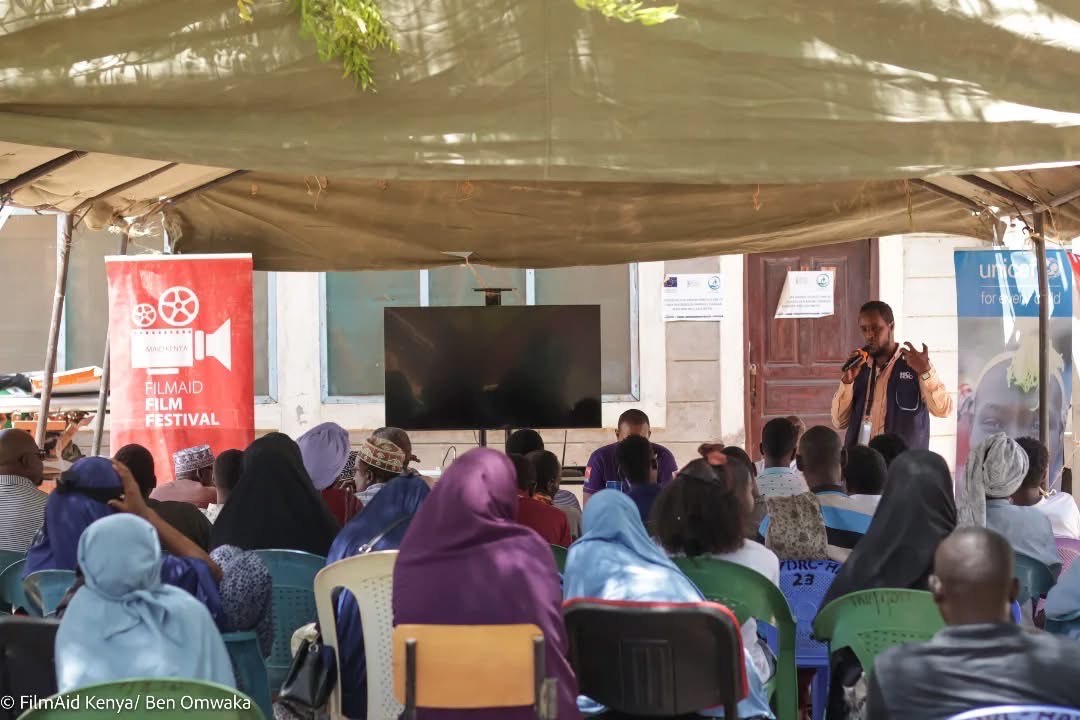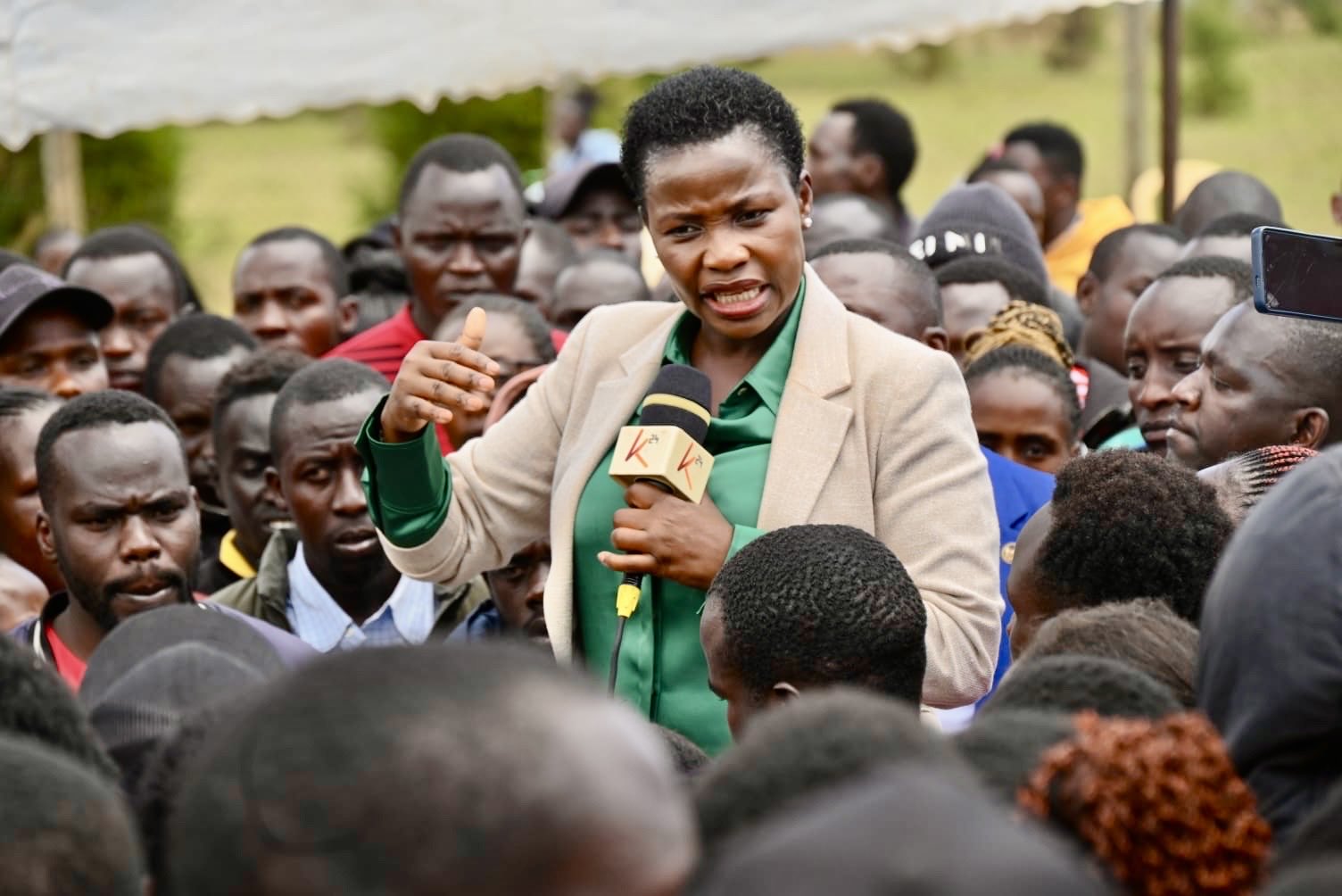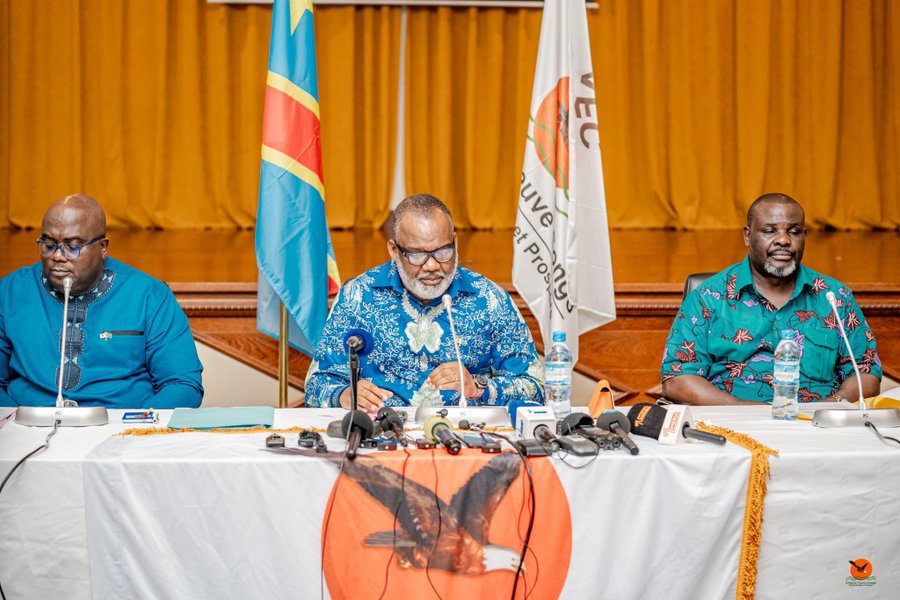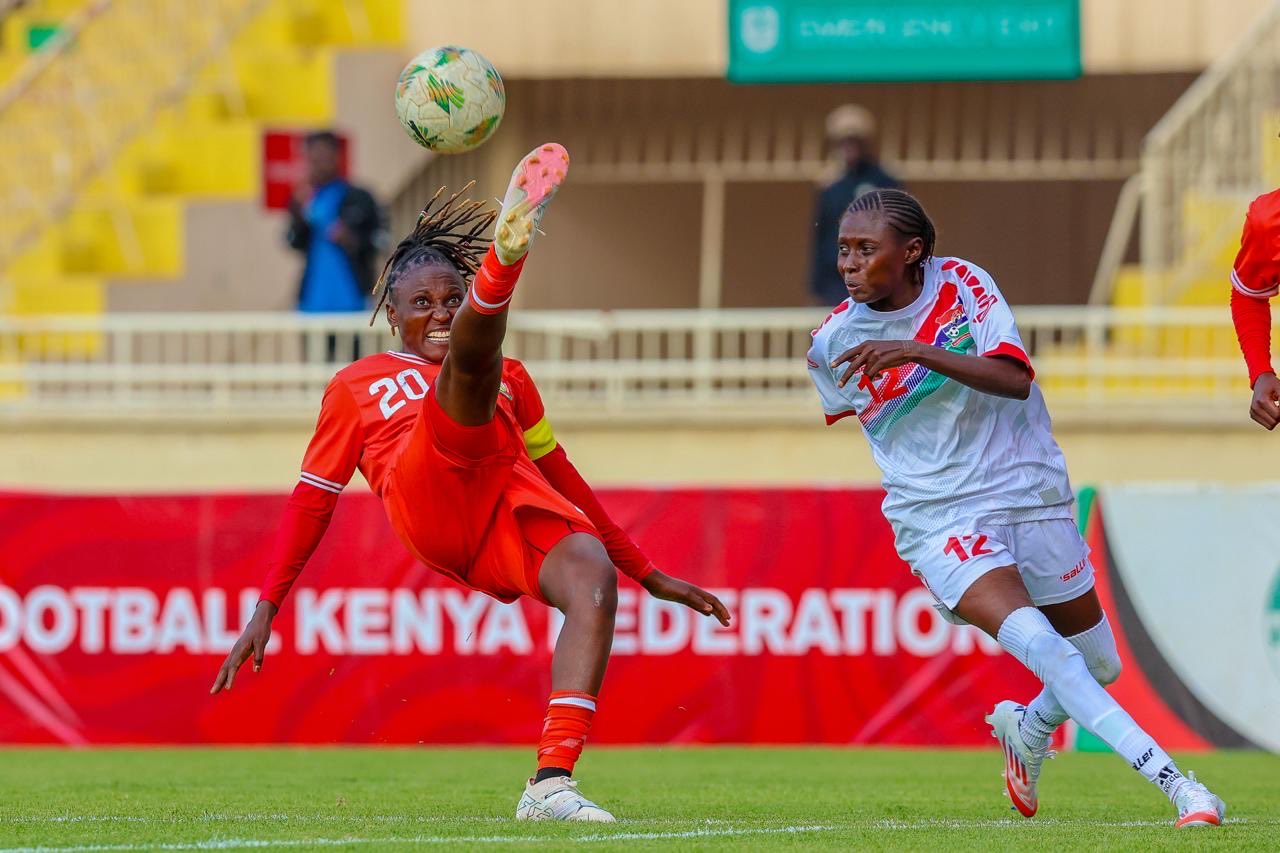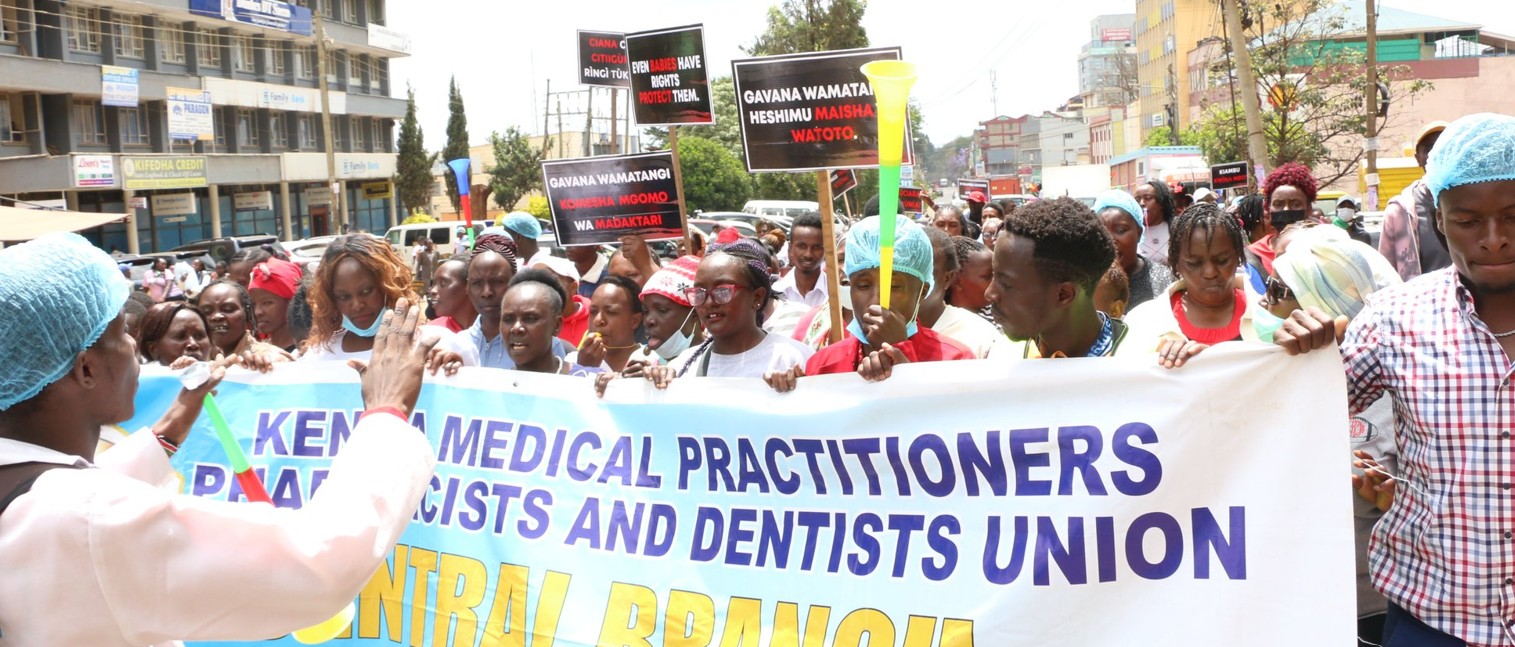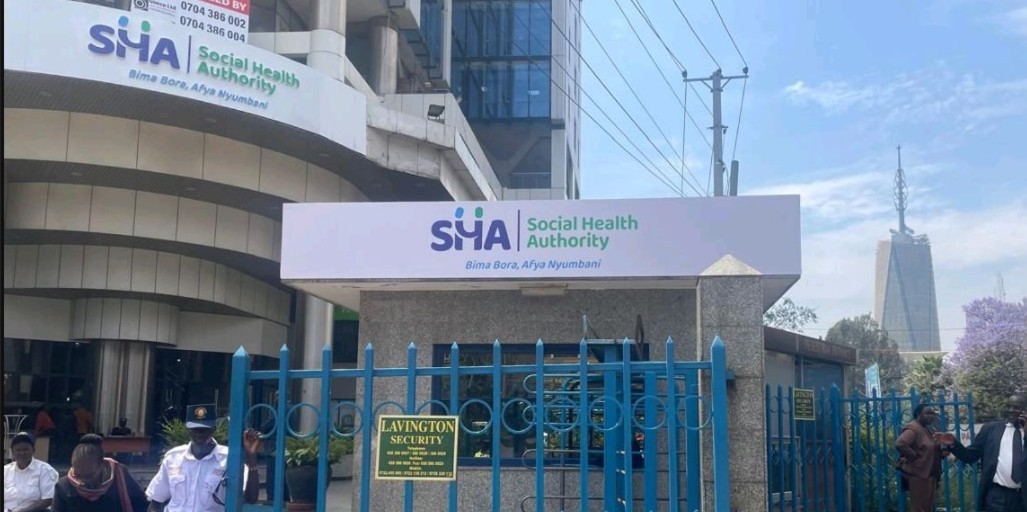After successes, Health ministry develops new 5-year strategy to fight malnutrition
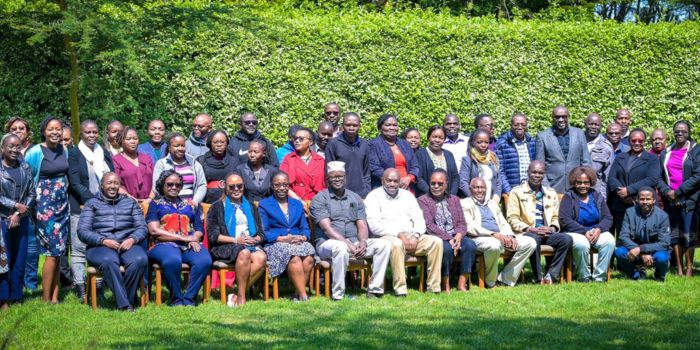
This follows successes in reducing malnutrition via the KNAP 2018–2022, "that resulted in significant progress in reducing malnutrition, particularly the prevalence of stunting which reduced from 26 per cent in 2014 to 18 per cent in 2022."
The Ministry of Health has announced the development of a long-term strategy known as the Kenya Nutrition Action Plan (KNAP) 2023–2027 to fight malnutrition across the country.
This follows successes in reducing malnutrition via the KNAP 2018–2022, "that resulted in significant progress in reducing malnutrition, particularly the prevalence of stunting which reduced from 26 per cent in 2014 to 18 per cent in 2022."
More To Read
- Union warns of court action if SHA fails to absorb former NHIF workers
- KMPDC launches 2026 licence renewal for doctors, health facilities
- Turkana County, Amref launch final phase of HIV, TB and reproductive care project
- Kiambu County dismisses claims of surge in infant fatalities due to doctors' strike
- Nearly half of Kenyan women aged 20 to 49 are overweight or obese, Health Ministry warns
- Court orders equal pay for UHC nurses amid absorption plan
It was the result of a meeting led by Joseph Lena, the acting director of preventive and promotive health services at the State Department of Public Health and Professional Standards, which formed the Nutrition Inter-agency Coordinating Committee (NICC) to address the matter.
"The KNAP 2023–2027 is a comprehensive five-year plan that will employ a multi-sectoral approach to accelerate and scale up efforts in combating malnutrition and promoting good nutrition practices across the life course," the ministry announced via X, the social media platform, on Monday, at the start of a stakeholders' workshop.
"It will build on successes and lessons learned from the implementation of the previous KNAP."
Undertaken by the Division of Nutrition and Dietetics, it will employ a multi-sectoral approach to accelerate and scale up efforts to combat malnutrition and promote good practices among citizens of all ages.
At the workshop, the ministry said, the stakeholders will "define priority areas, key outcomes, and strategic objectives" of the strategy.
"Detailed strategies and interventions will be proposed to effectively achieve these objectives, supported by performance indicators to monitor progress. Additionally, comprehensive activities for each objective will be outlined."
The strategy's development has been widely consultative, with proposals collected from multisectoral nutrition stakeholders at the national and county levels.
The stakeholders are from ministries including Health; Agriculture and Livestock Development, Labour and Social Protection, Education, Trade, and Mining, Blue Economy and Maritime Affairs.
Others are the Kenya Bureau of Standards, the Kenyatta National Hospital, the National Council for Nomadic Education in Kenya (NACONEK), and academia, via Kenyatta and Baraton universities.
Key partner organisations include UNICEF, WHO, Save the Children, GAIN, Nutrition International, Scaling Up Nutrition (SUN) Networks, Action Against Hunger (ACF), International Rescue Committee (IRC), the Kenya AIDS NGOs Consortium (KANCO), USAID-Momentum, and Breakthrough Action.
Before you go, how about joining our vibrant TikTok and YouTube communities for exciting video stories?
TikTok: Click here. YouTube: Click here.
Top Stories Today
